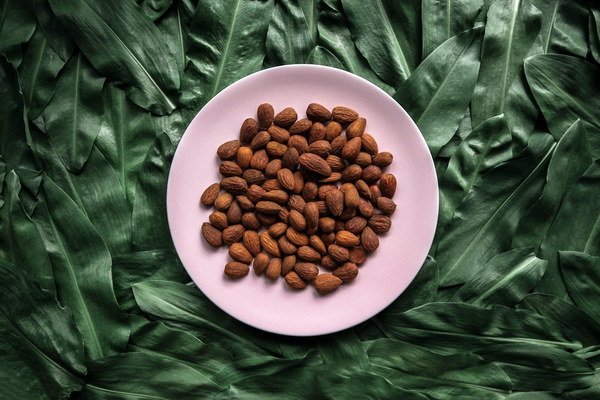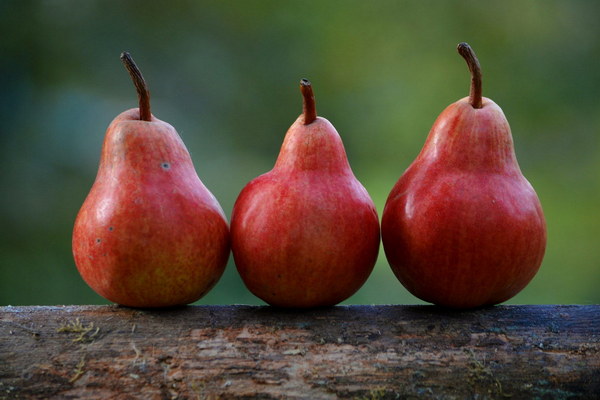How Teenagers Can Nourish Their Stomachs A Comprehensive Guide to Gastrointestinal Wellness
Introduction:
The teenage years are a crucial period of growth and development, both physically and mentally. During this time, teenagers often face numerous challenges, including the need to balance their social lives with academic responsibilities. One aspect that often gets overlooked is the importance of maintaining a healthy stomach. A strong and healthy stomach not only aids in digestion but also supports overall well-being. This article provides a comprehensive guide to help teenagers nourish their stomachs and ensure gastrointestinal wellness.
1. Importance of a Balanced Diet:
A balanced diet is the foundation for a healthy stomach. Teenagers should aim to consume a variety of foods, including fruits, vegetables, whole grains, lean proteins, and healthy fats. Here are some key points to consider:
- Incorporate a variety of colorful fruits and vegetables into your meals to ensure you're getting a wide range of essential nutrients.
- Choose whole grains like brown rice, whole wheat bread, and oatmeal instead of refined grains.
- Include lean proteins such as chicken, fish, tofu, and legumes in your diet.
- Incorporate healthy fats like avocados, nuts, seeds, and olive oil into your meals.
2. Regular Meal Times:
Establishing regular meal times is crucial for maintaining a healthy stomach. Skipping meals or eating irregularly can disrupt the digestive process and lead to indigestion or other stomach issues. Try the following tips:
- Eat breakfast within an hour of waking up to kickstart your metabolism and provide energy for the day.
- Aim to have meals and snacks at consistent times each day.
- Avoid eating too close to bedtime, as this can lead to discomfort and indigestion.
3. Mindful Eating:
Mindful eating involves paying attention to your eating habits and the foods you consume. Here are some ways to practice mindful eating:
- Take your time to chew your food thoroughly to aid in digestion and reduce the risk of overeating.

- Avoid distractions like watching TV or using your phone while eating.
- Listen to your body's hunger and fullness cues to prevent overeating or undereating.
4. Stay Hydrated:
Proper hydration is essential for a healthy stomach. Water helps to aid digestion, flush out toxins, and maintain the balance of stomach acids. Here are some tips to stay hydrated:
- Aim to drink at least eight glasses of water per day.
- Carry a reusable water bottle with you to ensure you have access to water throughout the day.
- Add slices of lemon or cucumber to your water for a refreshing twist.
5. Manage Stress:
Stress can have a significant impact on the stomach, leading to issues like indigestion, bloating, and acid reflux. Here are some ways to manage stress:
- Engage in regular physical activity, such as walking, running, or yoga, to reduce stress levels.
- Practice relaxation techniques like deep breathing, meditation, or mindfulness.
- Ensure you get enough sleep, as sleep deprivation can exacerbate stress and its effects on the stomach.
6. Limit Caffeine and Alcohol:
Caffeine and alcohol can irritate the stomach lining and lead to discomfort. It's best to limit your intake of these substances, especially on an empty stomach. Here are some tips:
- Choose decaffeinated beverages or consume caffeine in moderation.
- Avoid drinking alcohol on an empty stomach or before bedtime.
Conclusion:
Nourishing your stomach is an essential aspect of maintaining overall health and well-being during the teenage years. By following the tips outlined in this article, teenagers can support their gastrointestinal health and ensure they are well-equipped to face the challenges of daily life. Remember that a healthy stomach starts with a balanced diet, regular meal times, mindful eating, proper hydration, stress management, and limiting certain substances.









